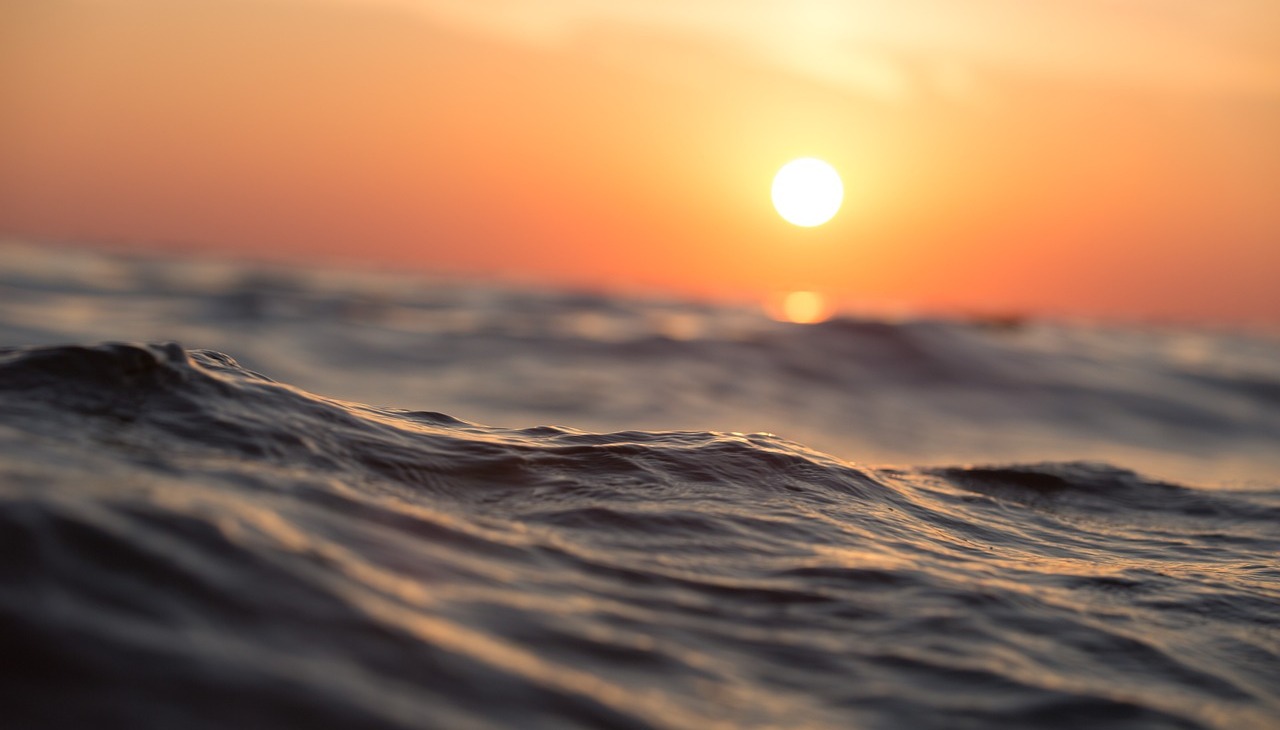
51 countries meet to negotiate a Global Ocean Treaty
The proposed treaty would protect international waters.
In the ongoing fight to preserve the Earth amid climate change, a global ocean treaty could be in the works.
“The way our global oceans are managed right now is very fragmented and it favors destructive industries rather than protection. The patchwork of regional and sector-specific authorities that currently run the show have repeatedly failed to protect the high seas,” Greenpeace said a few years back.
From that realization comes a new opportunity to protect the environment that spawned on Feb. 20 in New York at a meeting of world leaders that will last until Friday, March 3. At the end of the meeting, the hope is to ratify the Global Ocean Treaty for greater protection of species and for the sustainable use and distribution of marine resources.
Lawless waters
Emphasizing the protection of deep waters, which constitute about 61% of the oceans, the meeting is out to stop the destruction of the environment by warning about the lack of laws and protection of marine ecosystems affected by activities like illegal fishing and underwater mining.
Although around 20 organizations worldwide protect the seas from invasive activities such as fishing, navigation and tourism, it is important to note that their influence can only extend up to 200 nautical miles beyond the coast, where international waters begin, and governments lack power and authority.
RELATED CONTENT
According to data shared by UNESCO, if man's actions against the oceans do not significantly change, at least half of all marine species will be threatened with extinction by the end of this century.
Among the activities that must be stopped urgently are:
- Overfishing or poor fishing or processing practices.
- The dumping of wastewater.
- Oil or gas exploration without environmental standards.
Right now world governments are meeting to discuss a Global Ocean Treaty
— Greenpeace Aotearoa (@GreenpeaceNZ) February 21, 2023
If politicians get this right it would safeguard marine life and be the biggest conservation victory for a generation.
It’s time to #ProtectTheOceans.
Sign the petition https://t.co/2ailo3URFl pic.twitter.com/AFIqZUXtkr
A new hope for the seas
This effort to care for the health of the oceans, promoted by the European Union and other Western nations, seeks to strengthen what was agreed in the 2022 Kunming-Montreal environmental protection agreement, which has the goal 30% conservation of land and sea areas by 2030.
Greenpeace also pointed out three reasons why implementing the treaty requires the greatest urgency:
- A strong treaty is needed to protect 30% of our oceans by 2030. This is the minimum that scientists and governments agree is needed to allow marine life to recover and to support communities of 3 billion people who depend on the sea for their food and livelihood.
- The problems of the ocean are the problems of humanity. The oceans produce half of our oxygen and are the world's largest carbon reservoir. They are vital to addressing the climate crisis.
- As long as the agreement is not ratified, the serious damages due to these practices will continue:
- Industrial fishing
- Oil drilling
- Deep sea mining
- Plastic pollution
Greenpeace also invites the world community to sign the online petition to obtain a Global Treaty for the Oceans as soon as possible. Click here to sign.










LEAVE A COMMENT: